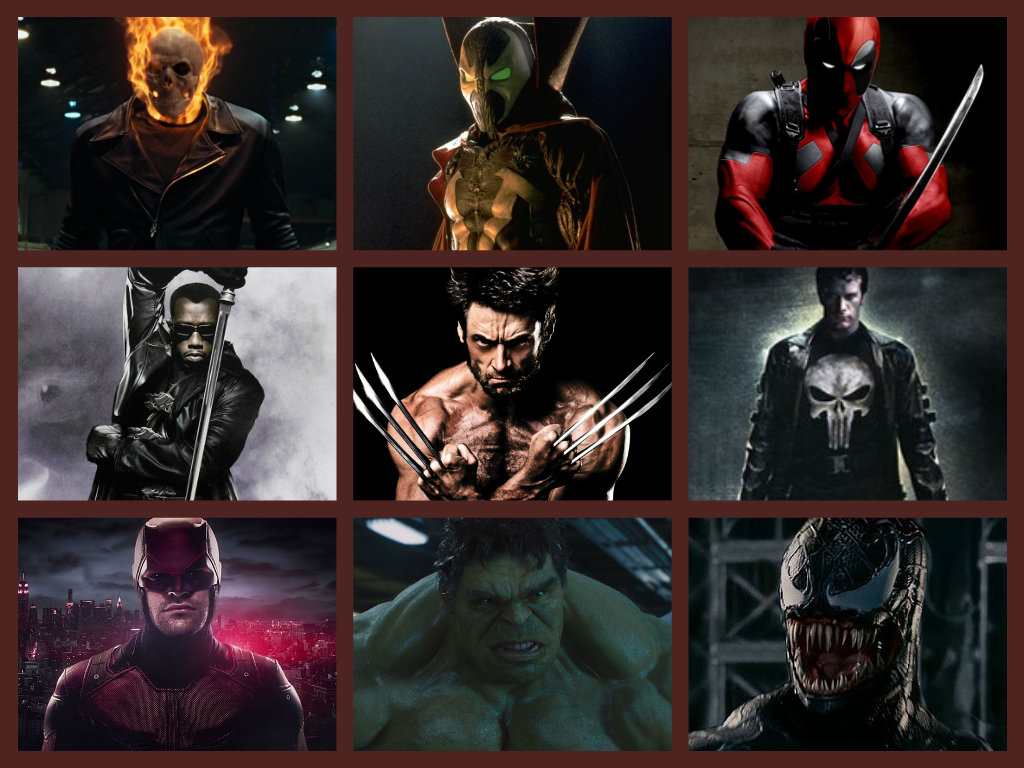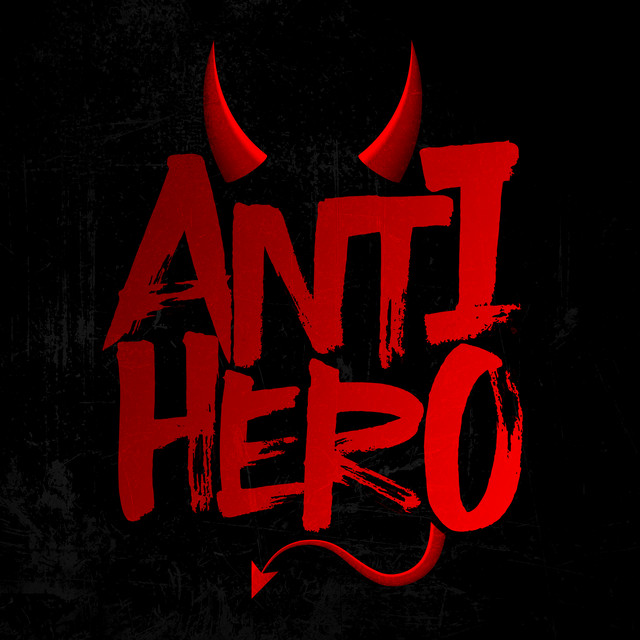6 Must-Have Traits of Any Anti-Hero
Crafting an anti-hero can be both a thrilling and daunting task for writers. they are actually complex, multifaceted characters who often blur the lines between good and evil. They possess a mix of flaws and virtues, making them incredibly intriguing to readers. So what exactly sets an anti-hero apart, and how can you effectively create one? This article will delve into the core ,drawing from well-known examples and providing guidance on how to bring these characters to life in your writing.
The anti-hero defined
An anti-hero stands apart from traditional heroes due to their imperfections and moral ambiguity. Unlike classic heroes who are often depicted as paragons of virtue, anti-heroes grapple with a range of flaws and make morally questionable decisions.
Their actions and motivations are unpredictable, adding depth and complexity to their character. They might be driven by self-interest, or they could possess noble goals but employ dubious methods to achieve them.
In essence, an anti-hero is neither wholly good nor completely evil. They embody a blend of both heroic and villainous traits, which makes them uniquely compelling. They’re not just about deep voices and grand gestures; they’re defined by their internal struggles and the moral gray areas they navigate.

What Makes Anti-Heroes So Captivating
Modern media has seen a surge in the popularity of anti-heroes, reflecting shifting cultural trends and a growing fascination with characters who defy traditional moral boundaries. Anti-heroes offer a nuanced perspective on life’s complexities, challenging the notion that morality is simply black and white. They resonate with audiences because they mirror real-life ambiguities and imperfections.
Anti-heroes engage us by showcasing the messiness of human nature. They often defy societal expectations and question the status quo, making their stories both provocative and relatable.
Anti-Hero Essentials: What They All Share
Self-Serving Decisions
Anti-heroes frequently make choices based on their own interests, regardless of the consequences for others. They prioritize their personal goals over traditional notions of honor and duty. For instance, Draco Malfoy from the Harry Potter series often makes decisions that reflect his self-interest, even if they cause harm. His complex nature—caught between loyalty to his family and a growing awareness of his actions—embodies the essence of an anti-hero.
Unconventional Methods
An anti-hero may pursue grand or noble goals but does so using questionable or unorthodox methods. Their approach to achieving their objectives is often controversial, and they may bend or break rules to get what they want. Wade Wilson, also known as Deadpool, exemplifies this trait with his erratic behavior and unconventional approach to justice, driven by personal motives rather than a strict moral code.
Rebellion Against Authority
they challenge authority and societal norms. They resist following established rules and prefer to operate on their own terms. This rebellious streak sets them apart from traditional heroes who typically adhere to a code of conduct and respect authority figures. The character of Holden Caulfield in The Catcher in the Rye is a prime example, as he constantly resists societal expectations and norms.
Self-Destructive Tendencies
they frequently struggle with internal conflict and can exhibit self-destructive behavior. Their inner turmoil often leads to antisocial tendencies or reckless actions. For example, V from V for Vendetta is a vigilante whose quest for justice drives him to commit acts of terrorism, reflecting his profound personal conflicts and isolation.
Skeptical and Self-Aware
Anti-heroes are often marked by a skeptical view of the world and a deep self-awareness. They tend to distrust those in power and are often cynical about societal structures. Batman, for example, is a wealthy individual who becomes a vigilante out of a profound mistrust of Gotham City’s corruption. His self-awareness and skepticism shape his approach to fighting crime.
Haunted Past
A common trait among anti-heroes is a troubled or traumatic past that influences their current behavior. Their experiences with loss, betrayal, or suffering often drive their actions and contribute to their complex nature. The Punisher, a character from Marvel Comics, is a Vietnam War veteran whose family’s murder leads him to establish his own form of justice, reflecting the deep scars from his past.

Exploring Iconic Anti-Heroes:
Batman is a character who often blurs the lines between heroism and anti-heroism. While he is commonly labeled as a superhero, his methods and personality align more closely with the traits of an anti-hero. Unlike traditional heroes who follow established rules and norms, Batman operates in the shadows, utilizing fear and intimidation to combat crime. His willingness to step outside the law and his use of fear as a weapon set him apart from typical heroes.
Despite his strict moral code and commitment to justice, Batman’s vigilante approach makes him a classic anti-hero. He’s driven by personal tragedy and operates with a sense of justice that doesn’t always align with societal norms. This complex blend of heroism and moral ambiguity makes Batman a compelling anti-hero, illustrating the tension between justice and the means used to achieve it.
The Punisher:
Frank Castle, also known as The Punisher, is another prime example of an anti-hero. A former Marine with a tragic past, Frank’s life changes dramatically after his family is murdered by mobsters.
Driven by revenge and a desire for justice, he becomes a vigilante who takes the law into his own hands. Unlike traditional heroes who work within the legal system, The Punisher creates his own form of justice, targeting criminals with ruthless efficiency.
Frank Castle’s approach to justice is harsh and unforgiving, often putting him at odds with law enforcement and more conventional heroes. His personal vendetta against crime and his willingness to use lethal force highlight his anti-hero qualities. The Punisher’s story is a powerful example of how personal trauma and a desire for vengeance can shape an rebel path.
Conclusion
Anti-heroes offer a rich tapestry for storytelling, showcasing characters who navigate the murky waters between good and evil. Batman and The Punisher exemplify how anti-heroes can challenge traditional conventions and explore the complexities of human nature. Their stories highlight the struggles of balancing personal morality with justice, and their unique approaches to fighting crime provide a fresh perspective on heroism.
These characters push the boundaries of traditional heroism, offering readers and viewers a chance to reflect on their own values and perceptions of justice. like Batman and The Punisher show us that heroism is not always black and white; it can be a nuanced journey filled with contradictions and moral dilemmas. Through their actions and authentic decisions, they invite us to consider the true nature of justice and the costs of achieving it.
